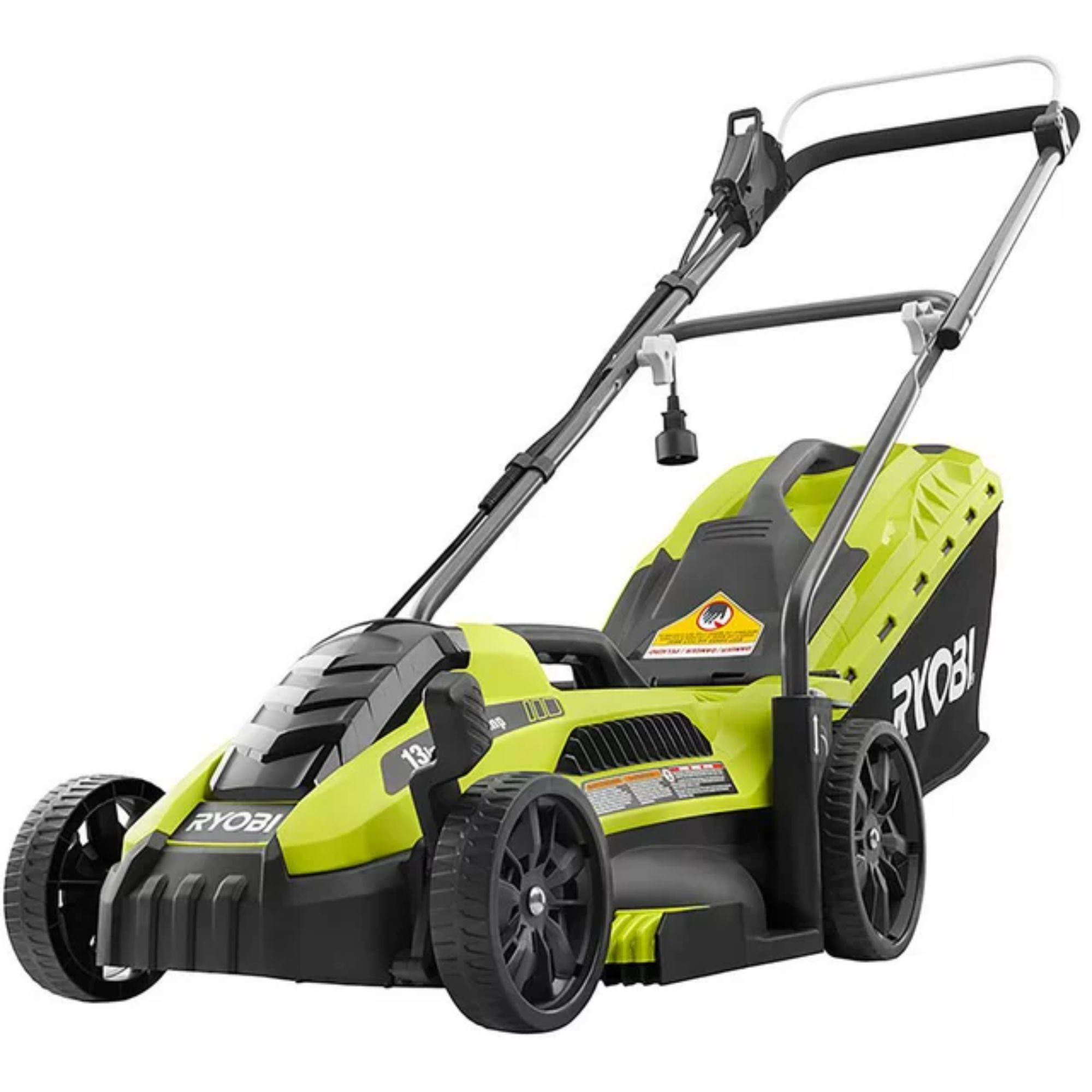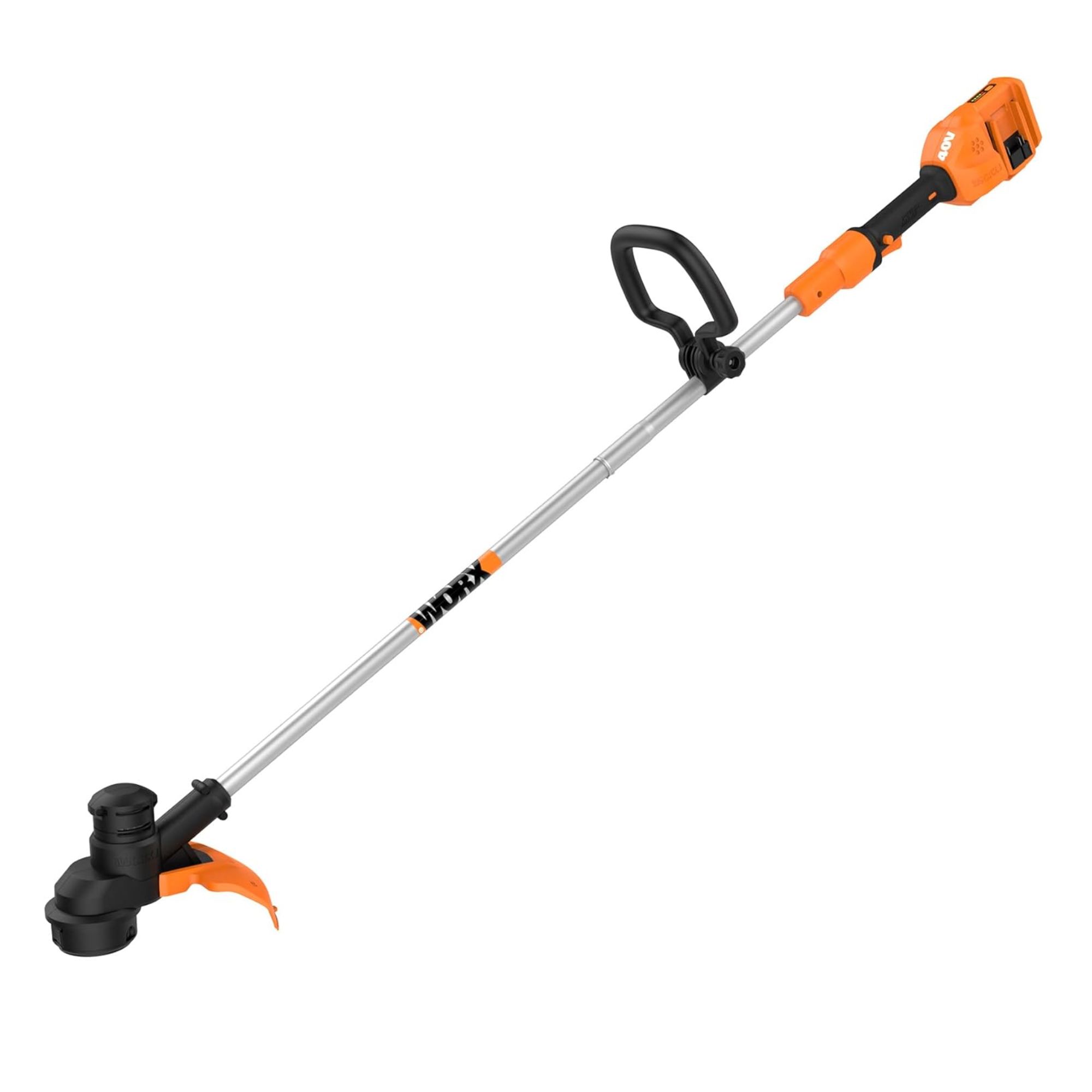Are my garden power tools too noisy? Expert advice on noise regulations to help you avoid upsetting your neighbors
I spoke to a legal expert about the laws governing garden power tools and the noise they make
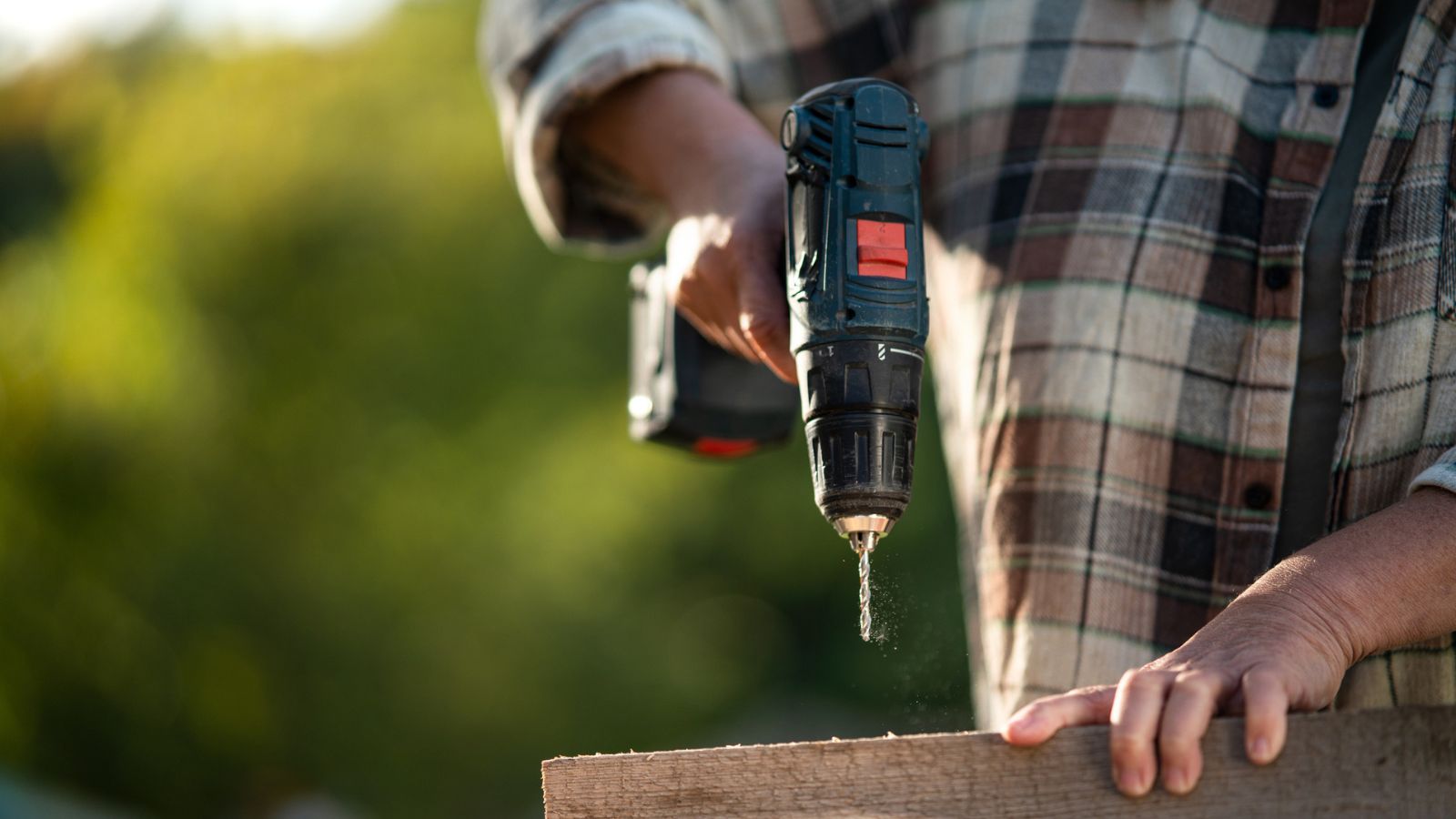

Garden power tools are noisy. It's an inescapable fact. Sometimes big jobs need big tools, and that means making a little noise.
However, noise can be a real nuisance. Either you're the one who has to break out the drill to fix an urgent problem with your home, or you're being disturbed by the loud, persistent whirring of a hedge trimmer.
Thankfully, there are noise ordinances across the country that aim to establish reasonable noise levels. These can vary from state to state, city to city, and even county to county, so it can take some work to find out what the rules are in your local area. I spoke with a legal expert to find out more about noise ordinances, and how they apply to your power and yard tools, such as best lawn mowers.
What are the laws governing power tool use?
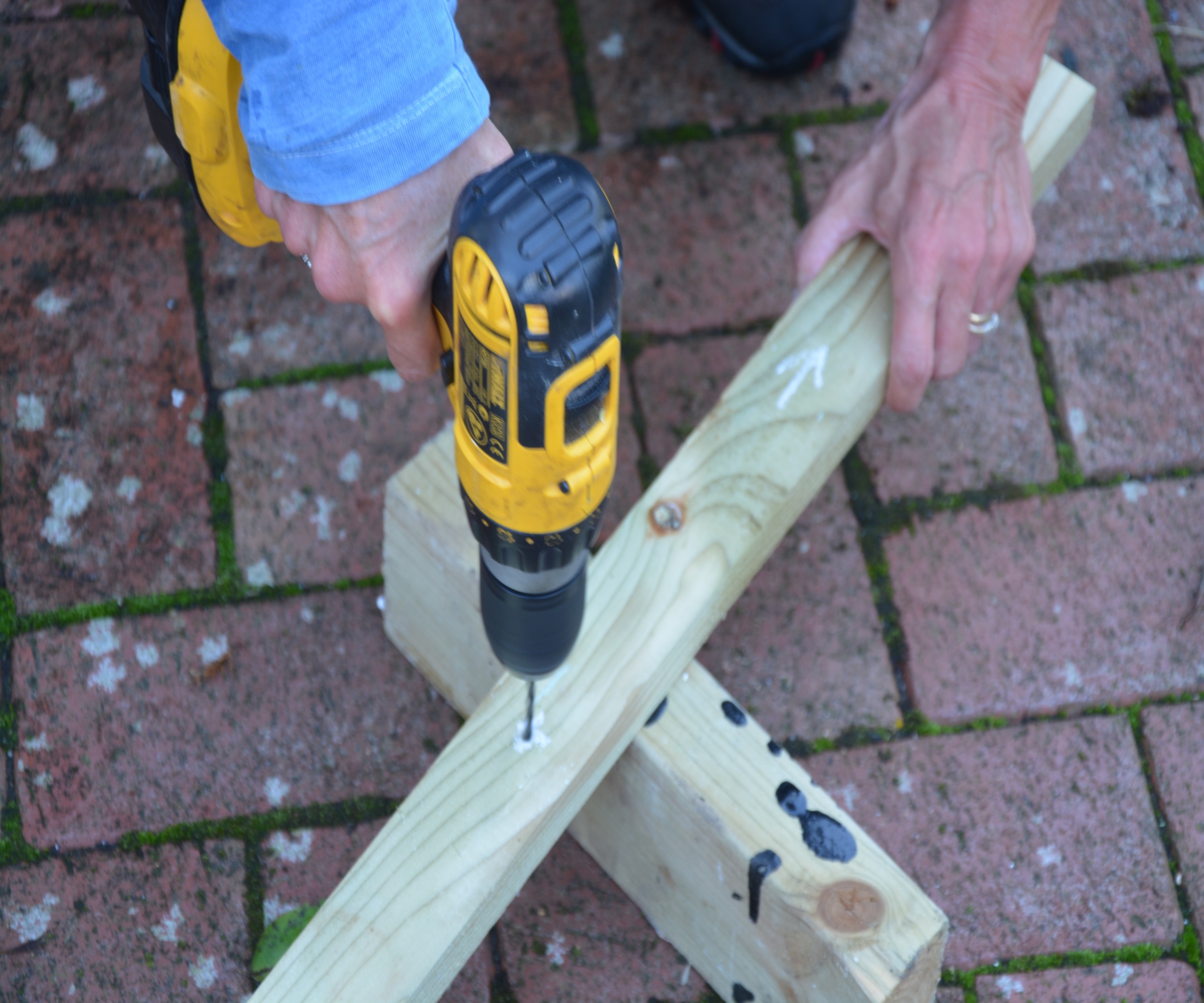
There's no federal law around garden power tool noise, but there are several laws at the state, city, and municipal levels. Attorney Ben Michael told me that 'The laws governing when you can use power tools at your home and property depend on what city or area you're in.'
In most places, there is no particular regulation on loudness level. However, there are several states with specific decibel limits. If you live in Texas, for example, you need to know the law.
Throughout Texas, construction or power tool noise above 85 decibels is considered unreasonable. However, different Texan cities have different limits. In Forth Worth, the limit is 70 decibels; in El Paso, the limit is 65. In Dallas, there's no particular decibel limit. Some states have particularly low decibel limits. In Colorado, for instance, the limit is just 55dB in residential areas.
Cities also vary in how they measure this noise. In some, the decibel reading for a nuisance is taken several feet from the boundary of a property; in others, the decibel reading may be taken 50 feet from the source of the noise.
All in all, noise regulations vary across the country. Ben Michael points out that 'Not every city has such laws on the books, however, so it's worth a quick check before doing any kind of serious work on your house' or in your yard.

Ben Michael has been practicing criminal defense law for nearly a decade. He has been named one of the Top 10 Criminal Defense Attorneys in Texas and the founder of the firm Michael & Associates.
When can I use loud garden power tools?
Even if they don't have specific rules governing noise levels, most municipalities have laws about when you can make noise.
Ben Michael told me 'Some cities, Los Angeles for example, have laws stating that you cannot operate noisy machinery after 10pm and not before 7am.' In Texas, it varies by city. In some cities, the cutoff is 10pm; in others, such as Austin, the cutoff is 6pm. It also varies depending on the day of the week. In many places, there are separate ordinances for Saturday and Sunday so that people can sleep in without being disturbed by noise.
These hours vary across the country, and in hotter climates, hours tend to be earlier. The idea is that people can start work before the sun gets too high and the temperature is too hot for working.
However, starting up an impact driver drill at 7am is pretty antisocial, so try and plan the noisiest activities for later in the day when the neighborhood is awake.
When I was a kid, my mom's golden rule was no noise outdoors before 10am to let the neighborhood sleep in, especially on the weekend. That meant no running around or bouncing a basketball, and when I was older and helping my parents with the yardwork, no mowing, sawing, or hammering. Of course, this won't be practical everywhere, so it's best to use your discretion and do the noisiest tasks as late as you can.
Are there HOA rules?

On top of local laws, your homeowners' association may have rules about noise. These often place limits below the legal level. If, say, your local government has limits at 85 decibels, your HOA might have a limit of 75 decibels.
If you live in a HOA, it pays off to obey the noise rules. If you break the noise rules, not only could you be breaking the law, but you could also be liable to a fine from your HOA.
How can I make my garden power tools quieter?
There's no fast way to make your garden power tools quieter. If you can, it's best to work out of a garage or shed with a little acoustic paneling like this from Home Depot for soundproofing. However, that's not always practical, especially if you're working on the exterior of your home or using yard tools.
This means the only real option is to go truly old-school and use hand tools. This can also be impractical, and won't work for every job. Most importantly, it's a lot more effort, but if you're particularly conscious of making noise, it could be the best way to avoid any issues.
If you use outdoor power tools like lawnmowers or strimmers, my best advice is to go electric. Most of the noise of a lawn mower or grass trimmer comes from a gas engine. For years, cordless mowers couldn't match a gas engine, but now there's almost no difference. A quiet electric mower is easier to maintain, cheaper, and much quieter than a large gas mower.
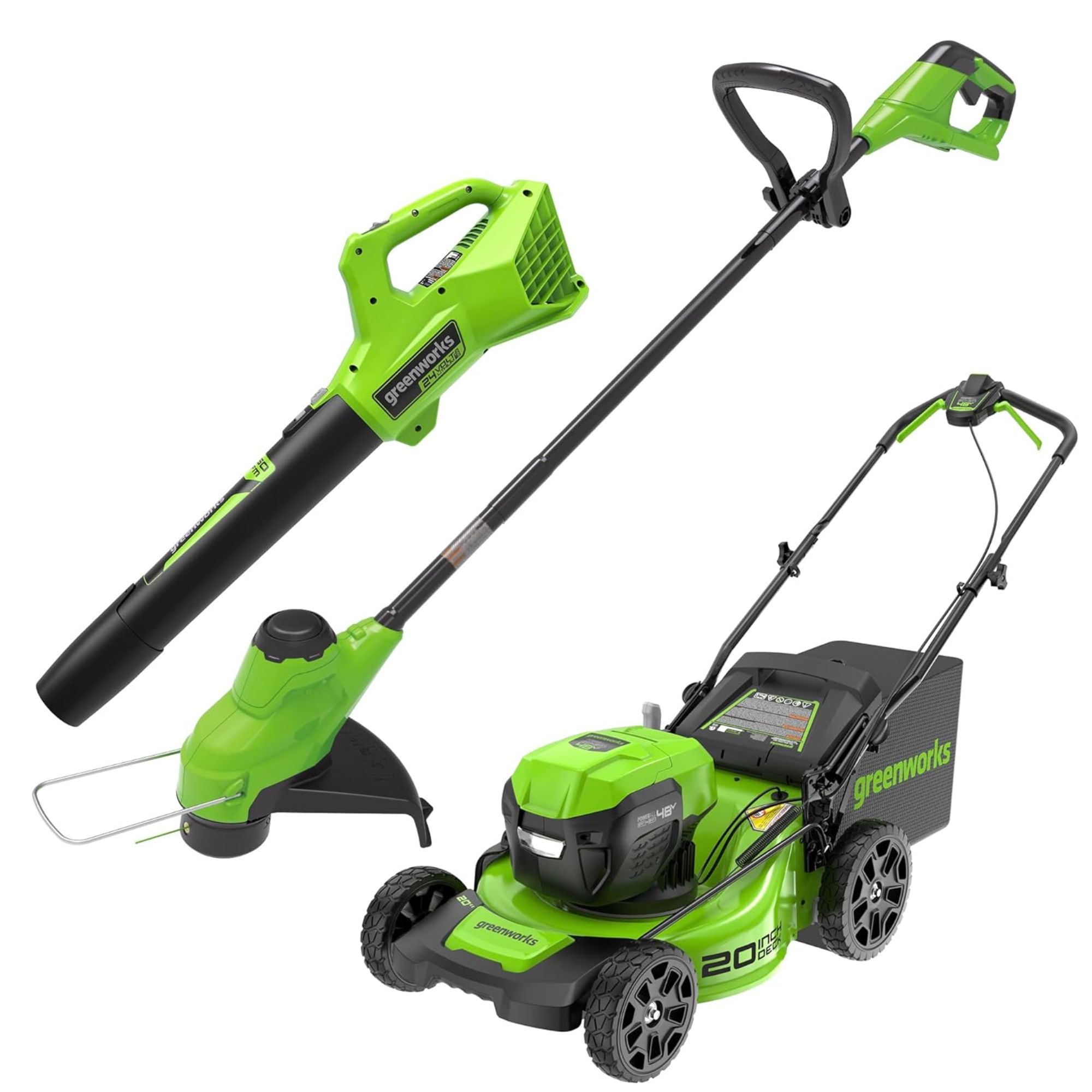
If you don't mind compromising on quality a little, a set like this can save you hundreds of dollars. It not only includes both a trimmer and mower but also a handy leaf blower. It won't stand up to a full-size gas mower, but it does a good enough job.
Noise ordinance FAQ
Does it matter what the noise is?
Noise ordinances apply to all types of noise. It doesn't matter if it's the bass from a car stereo or a noisy drill, if it's too loud and at antisocial hours it could be illegal.
For more help with neighborhood law, take a look at our guide to whether or not you can build a pergola next to a neighbor's fence.
Sign up to the Homes & Gardens newsletter
Design expertise in your inbox – from inspiring decorating ideas and beautiful celebrity homes to practical gardening advice and shopping round-ups.

As a gardens and lifestyle contributor, Alex makes sure readers find the right information to help them make the best purchase. Alex got his start in reviewing at the iconic Good Housekeeping Institute, testing a wide range of household products and appliances. He then moved to BBC Gardeners’ World Magazine, assessing gardening tools, machinery, and wildlife products.
-
 How to get rid of bean seed flies – a pest control expert reveals how to keep crops safe from these seed munchers
How to get rid of bean seed flies – a pest control expert reveals how to keep crops safe from these seed munchersAs their name implies, these insects primarily feed on bean crops
By Tenielle Jordison
-
 Sarah Michelle Gellar's kitchen cabinets are moody yet elevated – I've always used dark paint with caution, but they make bolder tones accessible
Sarah Michelle Gellar's kitchen cabinets are moody yet elevated – I've always used dark paint with caution, but they make bolder tones accessibleThe actress's black kitchen cabinets are bold yet palatable, proving that this dark shade is a trendy yet timeless color pick
By Hannah Ziegler
-
 When and how to divide asparagus – expert tips to rejuvenate older plants for better yields
When and how to divide asparagus – expert tips to rejuvenate older plants for better yieldsDividing asparagus crowns is simple and rewarding, but you must get the timing right
By Drew Swainston
-
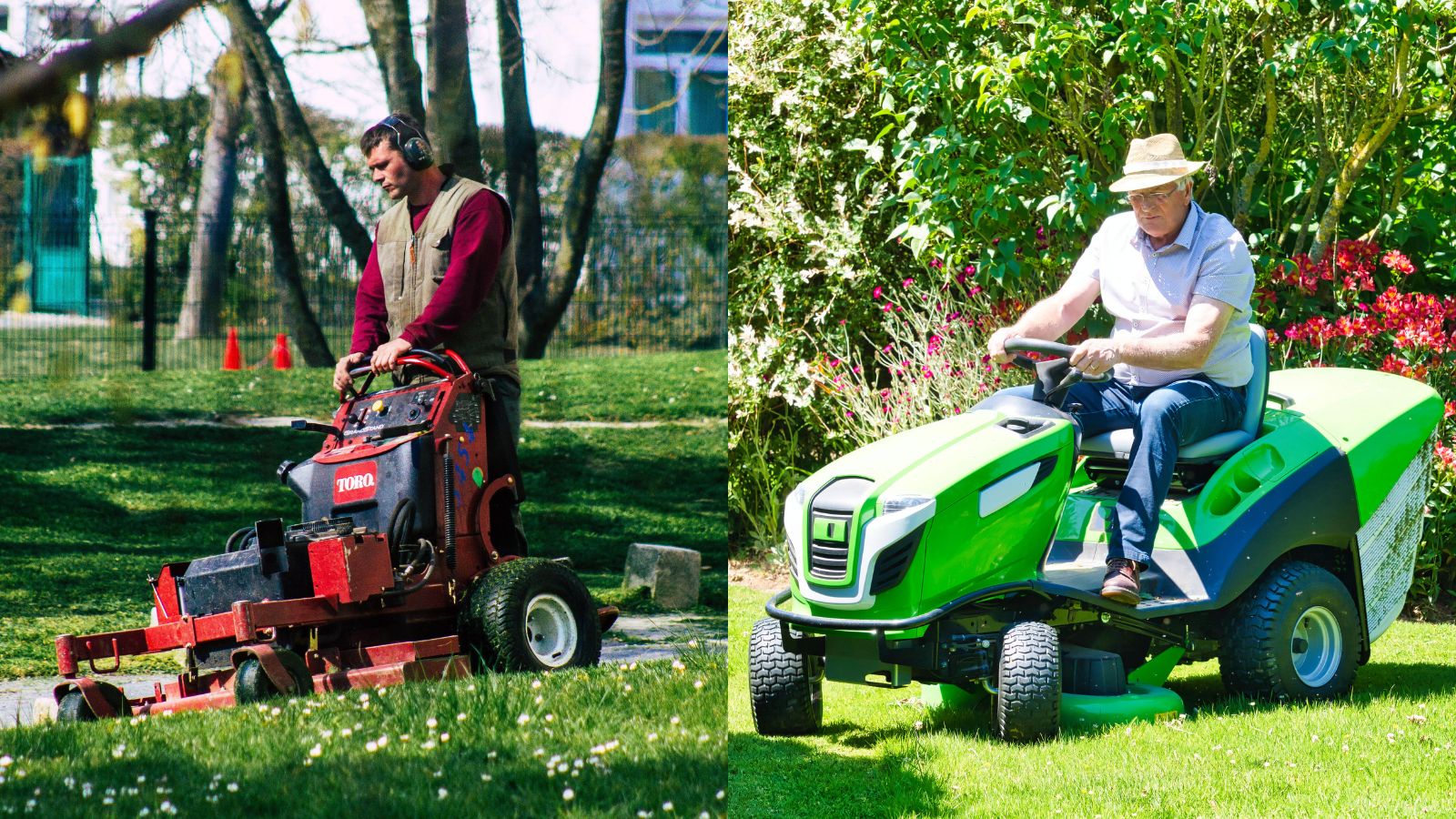 Standing mowers vs riding mowers – a mowing expert reveals which is best
Standing mowers vs riding mowers – a mowing expert reveals which is bestStanding mowers vs riding mowers is a heated debate among landscapers. I spoke to a landscaping expert to find out if standing mowers really are the best
By Alex David
-
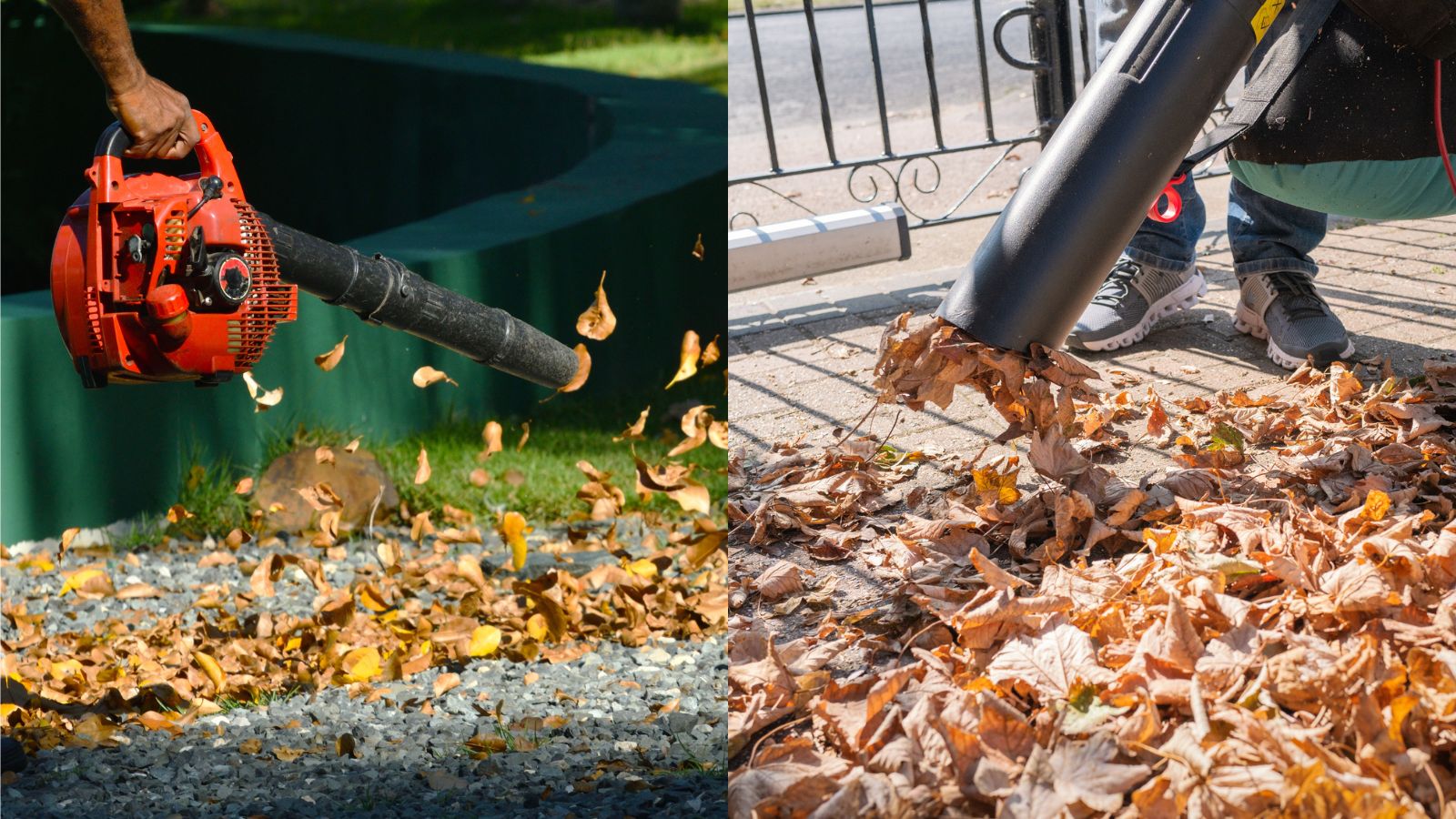 Leaf blowers vs leaf vacuums – which is best for your yard, and should you bother with either?
Leaf blowers vs leaf vacuums – which is best for your yard, and should you bother with either?It's not obvious which is best between leaf blowers v leaf vaccums. As a product tester, this is all you need to know about these controversial yard tools
By Alex David
-
 Pruning jasmine in late summer will ensure your plants bloom better than ever next year
Pruning jasmine in late summer will ensure your plants bloom better than ever next yearTiming is critical when pruning summer-flowering climbers
By Thomas Rutter
-
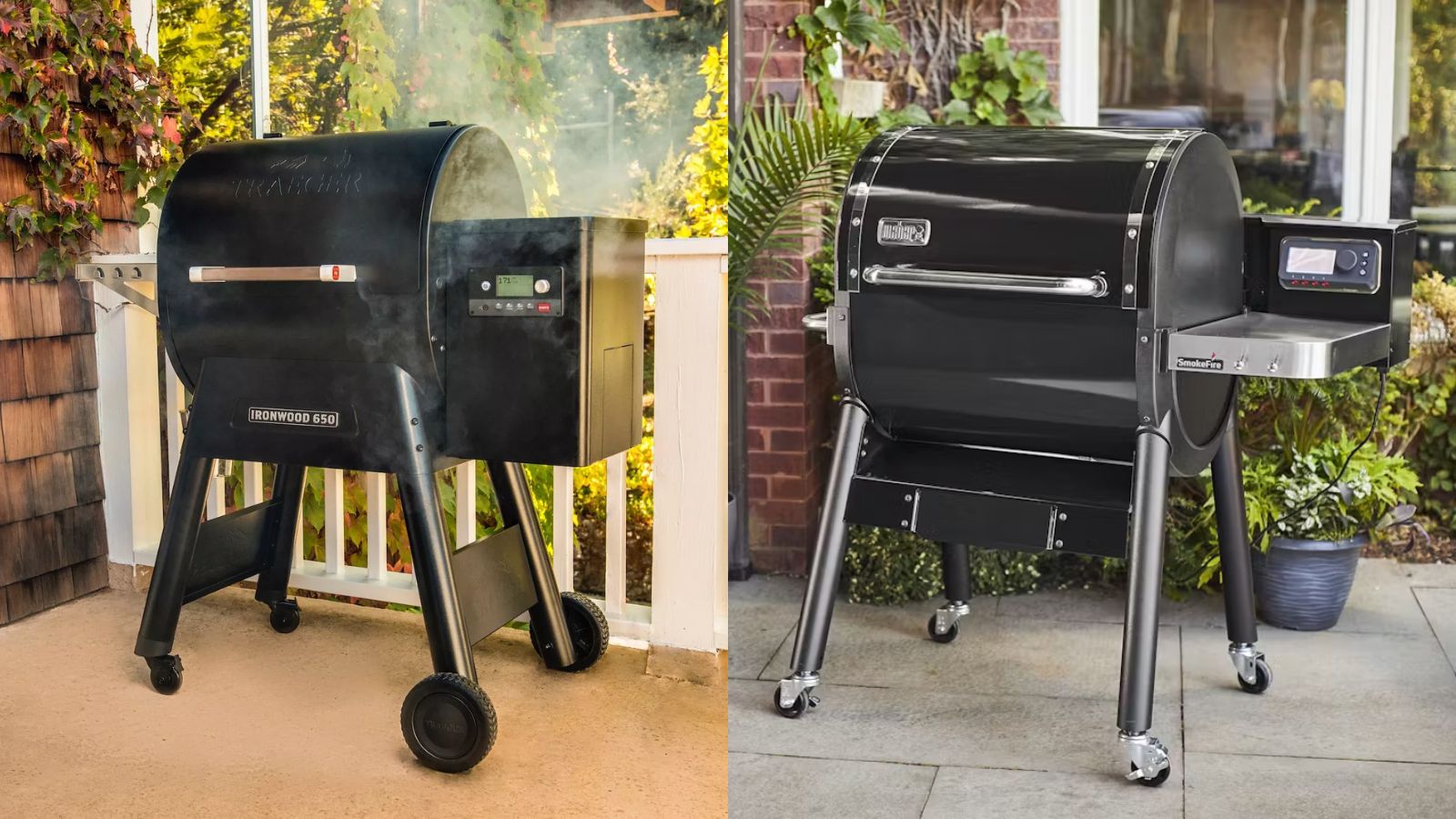 Weber vs Traeger – which pellet grill should I buy? Advice from a product tester
Weber vs Traeger – which pellet grill should I buy? Advice from a product testerThey're two titans of the grilling game, but who comes out on top between Weber vs Traeger? As a product tester, this is all you need to know about the brands
By Alex David
-
 Bougainvillea in miniature – with a little patience, anyone can grow these vibrant plants in bonsai form
Bougainvillea in miniature – with a little patience, anyone can grow these vibrant plants in bonsai formGrowing bougainvillea bonsai trees can add impact to even the smallest of spaces
By Thomas Rutter
-
 10 low maintenance, drought tolerant plants – for a beautiful and undemanding landscape
10 low maintenance, drought tolerant plants – for a beautiful and undemanding landscapeExpert plant picks for a thriving dry garden, that will make life easier and more colorful
By Jacky Parker
-
 How to grow eastern redbuds – the cherished native tree with striking spring blooms
How to grow eastern redbuds – the cherished native tree with striking spring bloomsAdaptable and reliable, eastern redbuds are tough trees that will not disappoint
By Thomas Rutter
